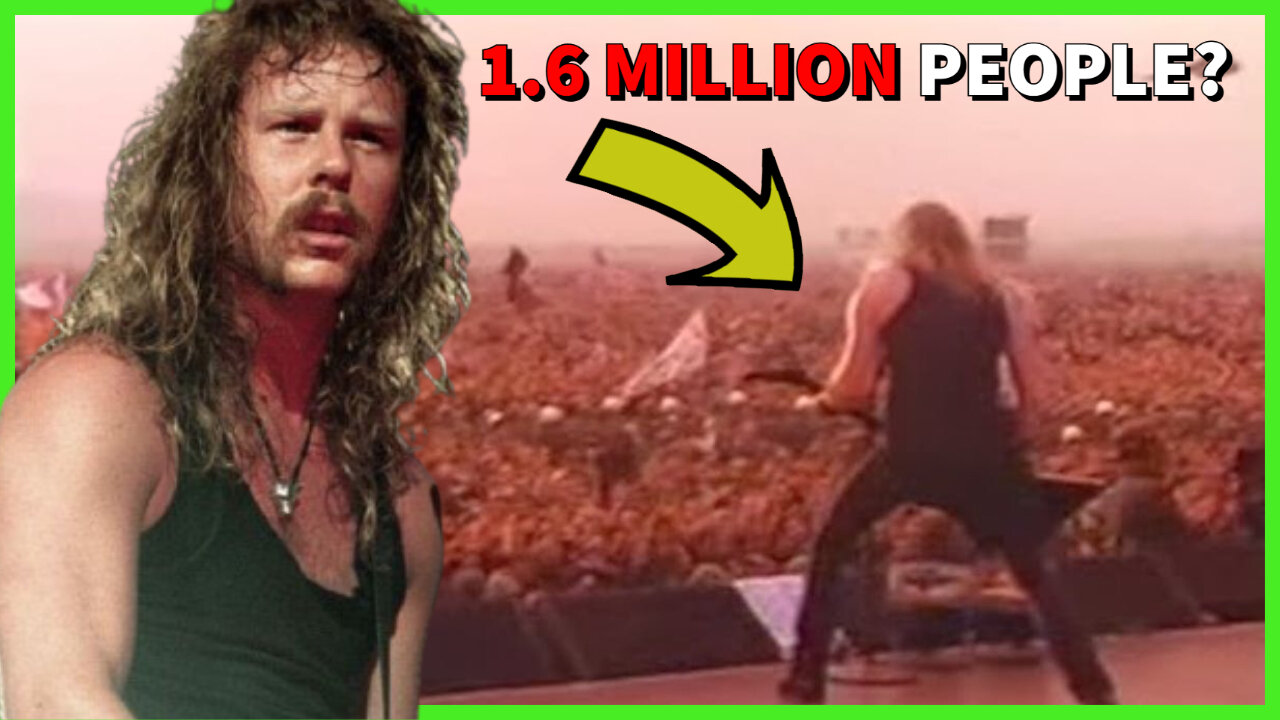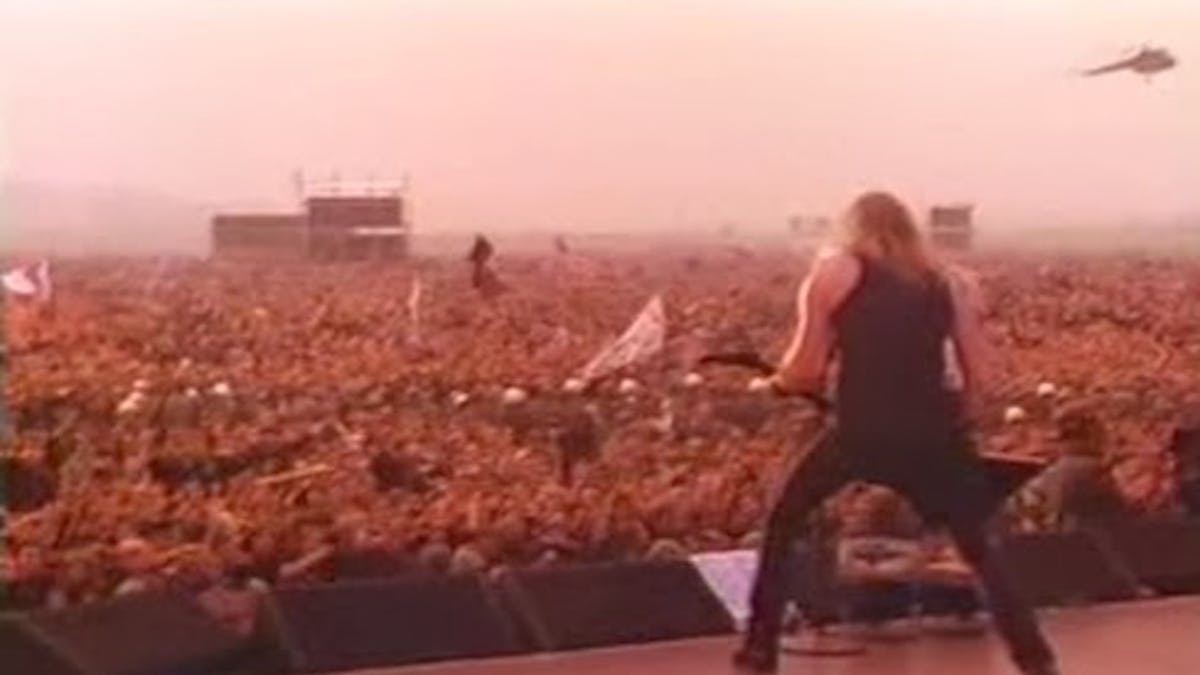Metallica Rocks Russia: Band’s 1991 Performance in Moscow and Leningrad

In 1991, Metallica took the stage in Russia for the first time, performing in front of thousands of fans in Moscow and Leningrad (now known as St. Petersburg). The concert was a historic moment, taking place during a time of significant political tension between the United States and Russia.
Background
The relationship between the United States and Russia in 1991 was a product of the long-standing rivalry between the two superpowers during the Cold War era. While the collapse of the Berlin Wall and the dissolution of the Soviet Union had signaled the end of the Cold War, the two countries continued to have significant differences in their approaches to foreign policy and international relations.

At the time, the US was still regarded as the world’s dominant military and economic power, while Russia was grappling with the challenges of transitioning to a new political and economic system. The US government, under President George H. W. Bush, was focused on promoting a “New World Order” that emphasized democracy, free markets, and human rights, while Russia, under President Boris Yeltsin, was focused on rebuilding its economy and consolidating political power.
Even with the tensions between the two countries at a high level, the Metallica concert in Russia was a hopeful sign that cultural exchange and dialogue could help to bridge the divide between the two nations.
Why Metallica?
Metallica’s selection as headliner for the 1991 performance in Russia was significant for several reasons. At the time, the band was one of the biggest names in rock music, with a massive following around the world. Their music had a universal appeal that transcended national boundaries, and they had already built a reputation for being a band that could bring people together through the power of their music.
Additionally, Metallica’s music was known for its themes of social and political commentary, which made the band particularly relevant to the political climate of the time. The collapse of the Soviet Union and the end of the Cold War had created a sense of hope and possibility in Russia, and Metallica’s music was seen as a powerful voice for change and progress.
Metallica also had a history of playing in countries that were not traditionally associated with rock music, including Brazil, Japan, and Israel. This made them a natural choice for a concert in Russia, where there was a burgeoning interest in rock music, but few international acts had performed there.
Other bands played at what was called the “Monsters of Rock” festival, such as AC/DC, The Black Crowes, Pantera, and E.S.T. Although Metallica was the headlining act and the band that received the most attention from the media, all of the bands that played at the festival contributed to the overall energy and excitement of the event.
The Live Show

The free concert drew over 500,000 people to the Tushino Airfield in Moscow. The band played a 2.5-hour set that featured many of their biggest hits, including “Master of Puppets,” “One,” and “Enter Sandman,” as well as several covers of classic rock songs.
The crowd was incredibly enthusiastic and engaged throughout the concert, singing along to the lyrics and waving their hands in the air. The band members themselves were visibly moved by the experience, with lead singer James Hetfield commenting that the concert was “a really powerful experience for us as a band to be able to connect with our fans in Russia.”
Here is a video of him discussing the concert on Joe Rogan’s podcast
AND
An old interview of the whole band discussing it in 1991
One of the most memorable moments of the concert came during the performance of “The Unforgiven,” when the crowd began to chant “Moscow! Moscow!” in time with the music. This moment captured the sense of unity and shared experience that had brought so many people together for the concert, despite the political tensions that still existed between the US and Russia at the time.
Aftermath
Metallica in Russia represented a cultural exchange between the two nations, one that transcended the political and economic differences that had characterized their relationship for decades. The concert gave Russians an opportunity to experience American culture firsthand and provided a powerful example of the ability of music to bring people together across cultural and political boundaries. At the same time, the concert also showed that Americans were willing to engage with Russia in a spirit of mutual respect and openness, rather than hostility or suspicion.
Create an account and post your thoughts on this article to our activity page!
